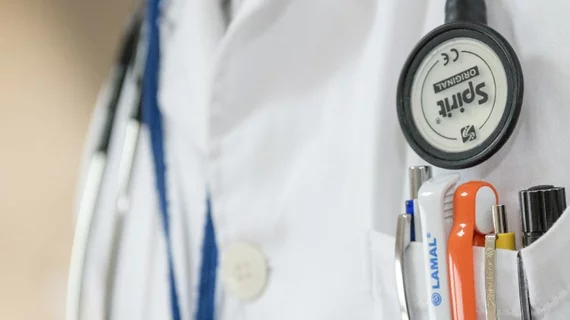Hospital administrators knew radiology trainees were unsupervised before accreditation rating dropped to ‘D’
Administrators at Australia’s Canberra Hospital were warned radiology trainees were working unsupervised for more than a year before their program accreditation rating dropped from an “A” to a “D” this summer, the Canberra Times has reported.
According to the Times, trainee specialists at Canberra Hospital were forced to work solo due to staff shortages—something that was noted in the accreditation report last month as a contributing factor to mounting strife within the radiology department. Internal politics and a lack of clinical control were also sources of conflict.
Now the Times has reported Jeff Fletcher, CMO for ATC Health, which operates Canberra Hospital, was confronted more than a year ago by registrars concerned about the quality of training.
“Registrars raised concern that frequently consultants are not rostered on,” minutes from the private meeting read. “At these times, registrars do not have a consultant to escalate clinical issues and they are required to work independently, especially in CT and MRI outpatients.”
A spokeswoman for ACT Health said the issue wasn’t taken care of sooner because of a “breakdown in communication” between the two former directors of training. Those directors have since been replaced, she said, and ACT is advertising for new consultants.
“The issues that have emerged from the radiology department are complex and senior managers have been working through appropriate channels over a long period of time with staff to address any concerns that are raised,” she told the Times. “ACT health is confident that next year we will return to Level A training accreditation in the radiology department.”
Read the full report from the Times at the link below.

